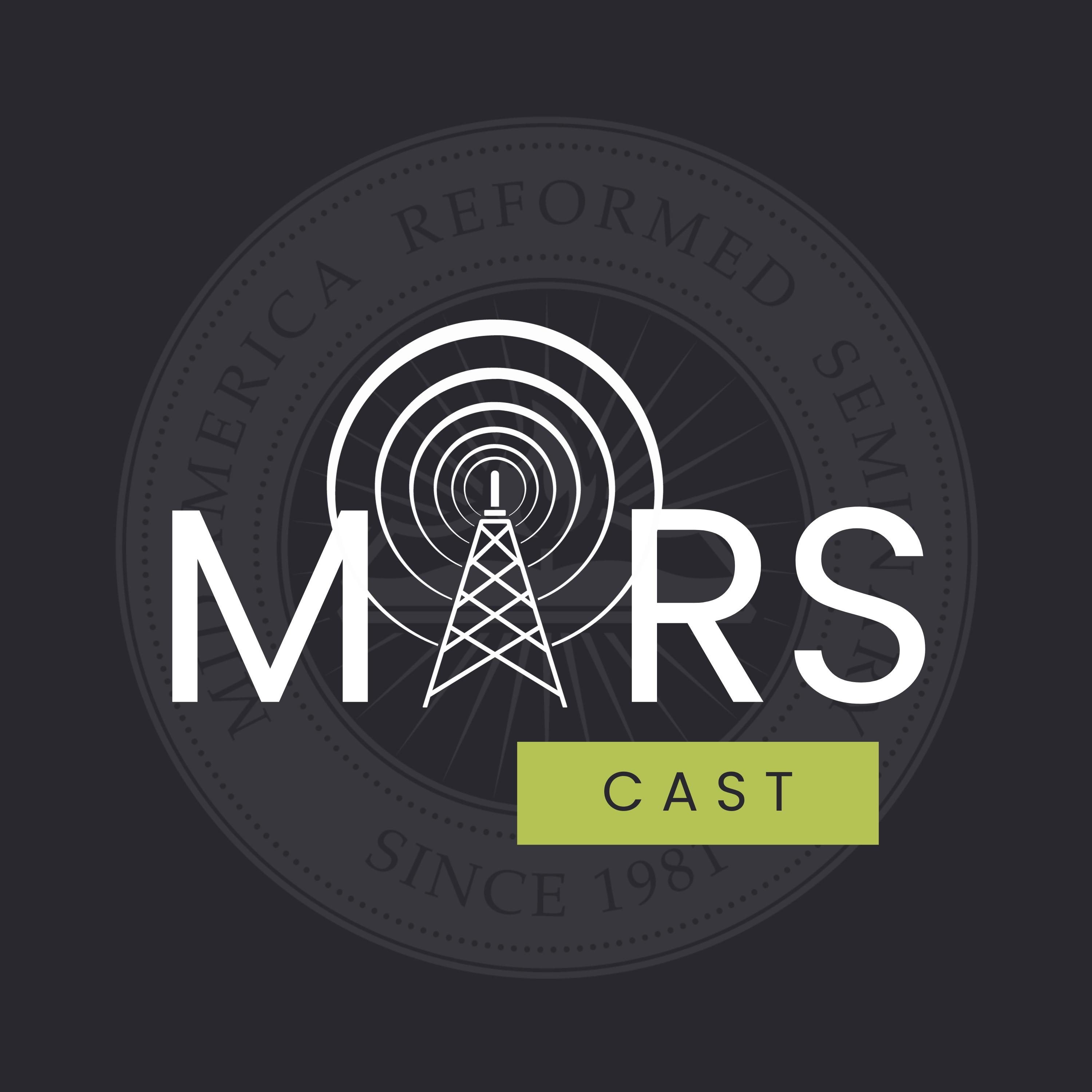
MARSCAST
Episode 227: 227. Calvin on Human Freedom and Depravity
In this episode, Dr. J. Mark Beach explores John Calvin's views on human nature and free will as presented in Book II, Chapters 2-3 of his influential work Institutes of the Christian Religion.
Calvin grapples with the difficult question of human freedom in light of the Fall and original sin. He warns against the perils of complacency if we deny human ability, or boastfulness if we overestimate our capabilities apart from God's grace.
Calvin distinguishes three types of freedom - from necessity, from sin, and from misery. He argues that while humans are not under external compulsion, our wills are bound and enslaved to sin and misery because of our corrupt nature inherited from Adam.
Dr. Beach explores how Calvin viewed the human faculties of understanding and will after the Fall. He saw the intellect as still capable in earthly matters due to God's common grace but blind to spiritual truths without divine illumination. The will, though enslaved to sin, still makes choices flowing from our fallen inclinations.
Calvin rejected the term "free will" as puffing up human pride yet affirmed that humans are still willing agents who make real choices, just not the ability to change their sinful nature apart from God's remedying grace.
Dr. Beach also touches on Calvin's perspective on natural law, the purpose of the Ten Commandments, human society and political order, and the need for God's restraining grace to hold back the full effects of human depravity.




